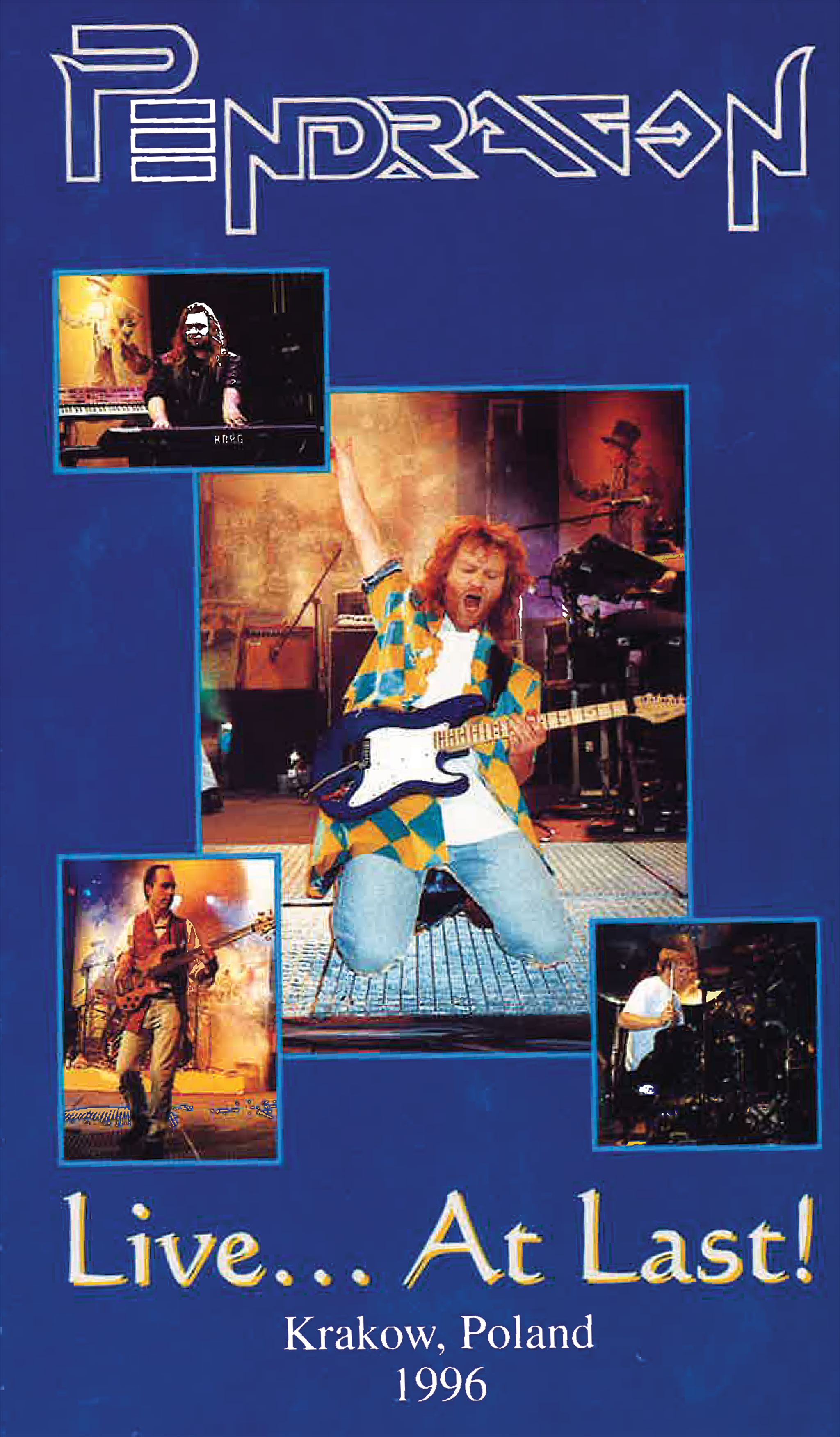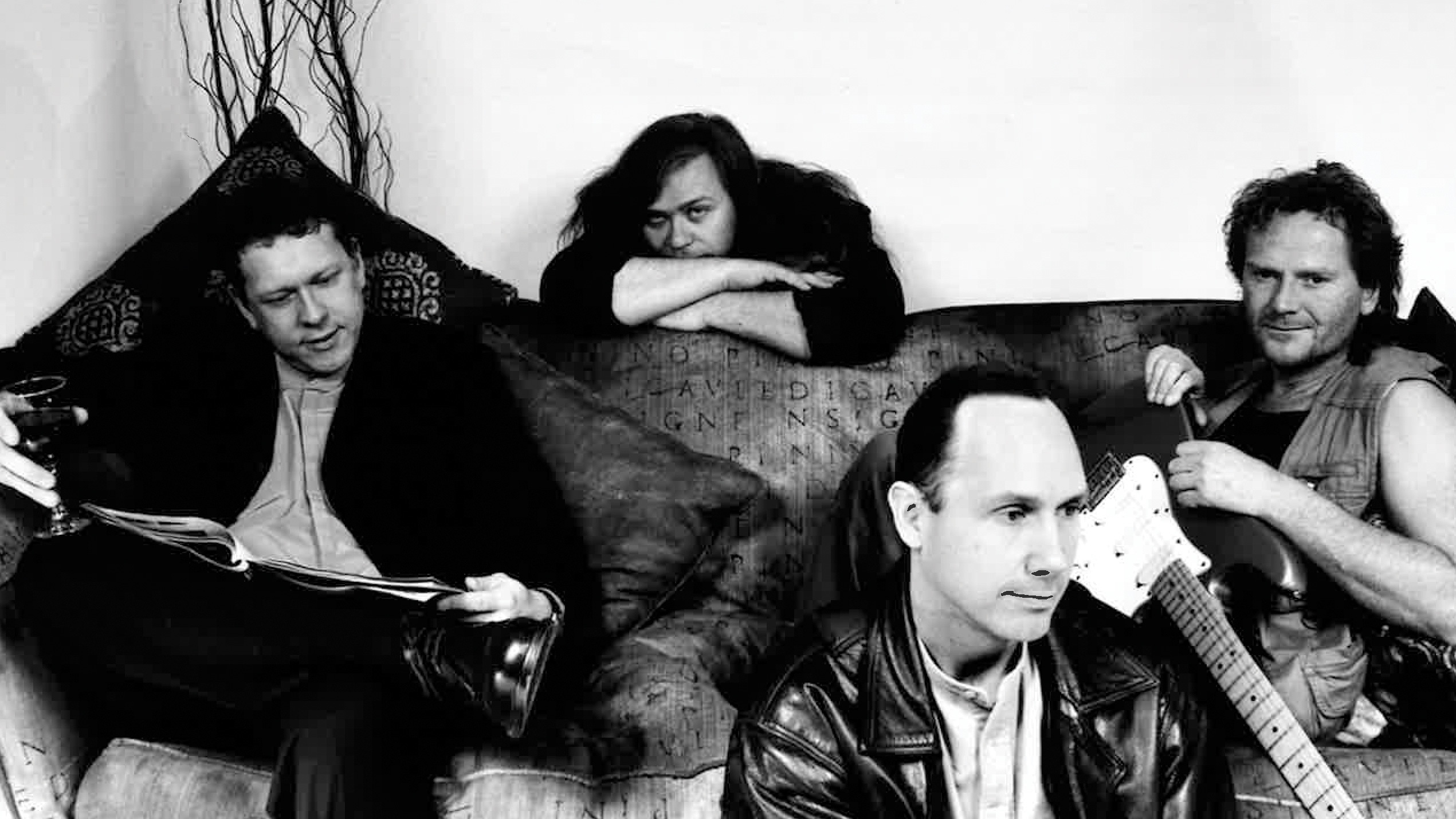Pendragon’s The Masquerade Overture turns 20 this year, and to celebrate, the band are touring Europe. Johnny Sharp discovers the story behind the making of the album from frontman Nick Barrett, from forklifts to Mozart…
For some, the mid-1990s was a golden age for British rock and pop. But for prog? Not so much. The Marillion-led new wave of British neo-prog from the previous decade had become a distant memory. Reading the music papers, you’d imagine that bands such as Pendragon had gone back to the wizard’s castle in which they were supposed to reside, to hibernate semi-permanently in a ghetto of their own uncool. Prog magazine was still but a twinkle in our editor’s eye, and media coverage of the genre was scant to non-existent. But down a narrow country lane in Berkshire, something was stirring. There were clear signs that progressive rock, or Pendragon at least, was rising again. And demand for it was overwhelming even those producing it.
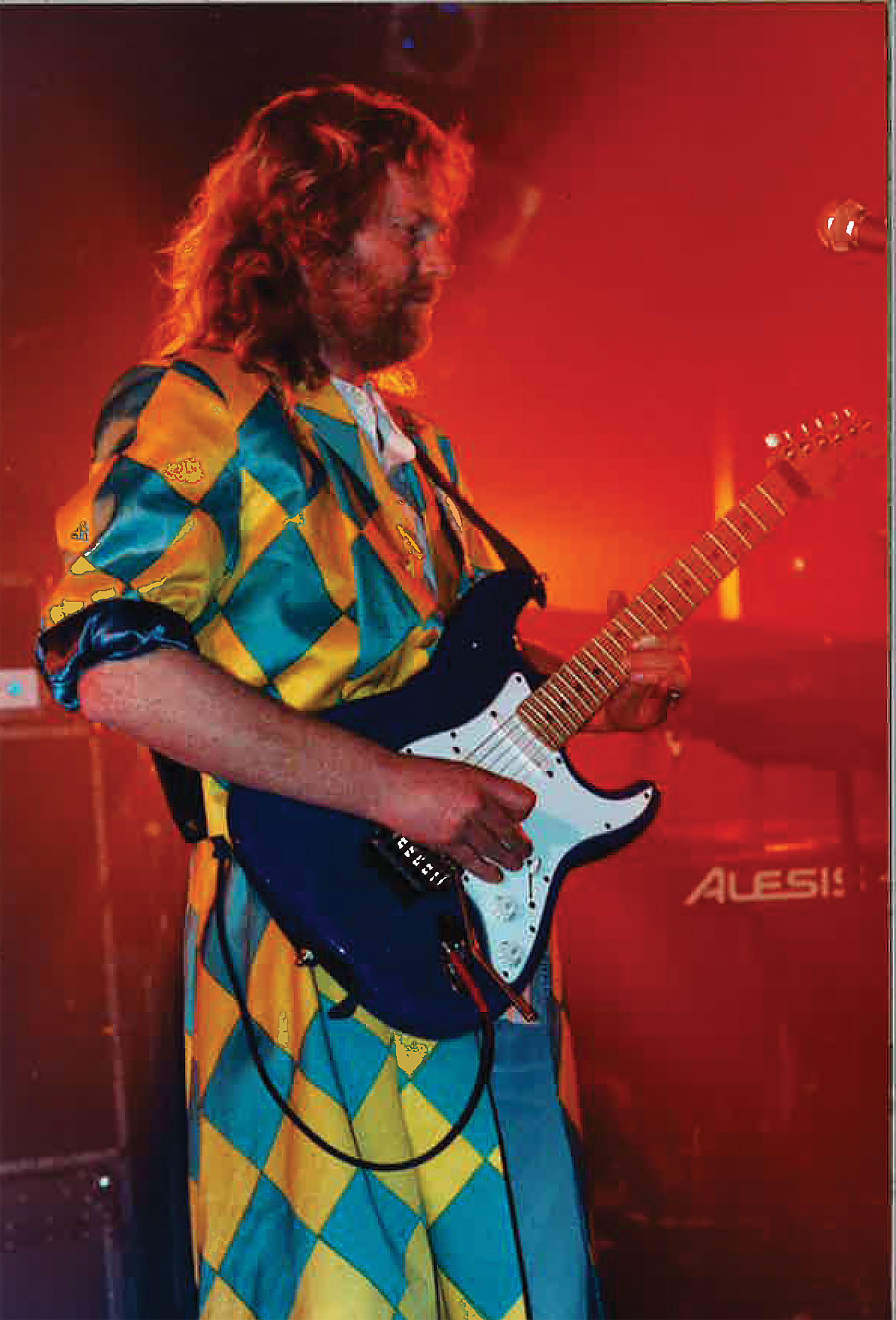
“When we released The Masquerade Overture in 1996, it was on our own label, run from my little terraced house in Maidenhead,” Pendragon singer and chief songwriter Nick Barrett recalls. “But we were getting tens of thousands of orders for the album. It was terrible actually, really stressful because one day this huge articulated lorry turns up at my house down a little back lane. And the guy says, ‘You got a forklift mate?’ And he was really pissed off when I said I didn’t! In the end we had to unload the components of 25,000 CDs onto my driveway by hand! There were cars coming screaming round the corner nearly crashing into us, and my baby son was really ill at the time as well, so it felt like a complete nightmare.
“It was a typical cottage industry – we could save a couple of thousand pounds by putting all the discs and inlays in ourselves, so we sat there and put together 25,000 CDs. Just cellophane alone took up the whole of the lounge – it was like The Quatermass Experiment! Boxes piled up to the ceilings, phones going, people making orders… incredibly exciting, but bloody hard to deal with. And then they all sold out so it turned out we had to order 25,000 more…”
The reason for that logistical headache was the success of an album that reaffirmed Pendragon’s reputation as neo-prog’s great survivors. And 20 years on, they’re touring The Masquerade Overture once more, playing it in its entirety, replete with reissue extras, as well as a full set of other live favourites.
Some argue the band have never bettered it, thanks to equal supply of heartfelt, hook-filled anthems such as Paintbox and As Good As Gold and multi-layered musical journeys such as Guardian Of My Soul and Masters Of Illusion.
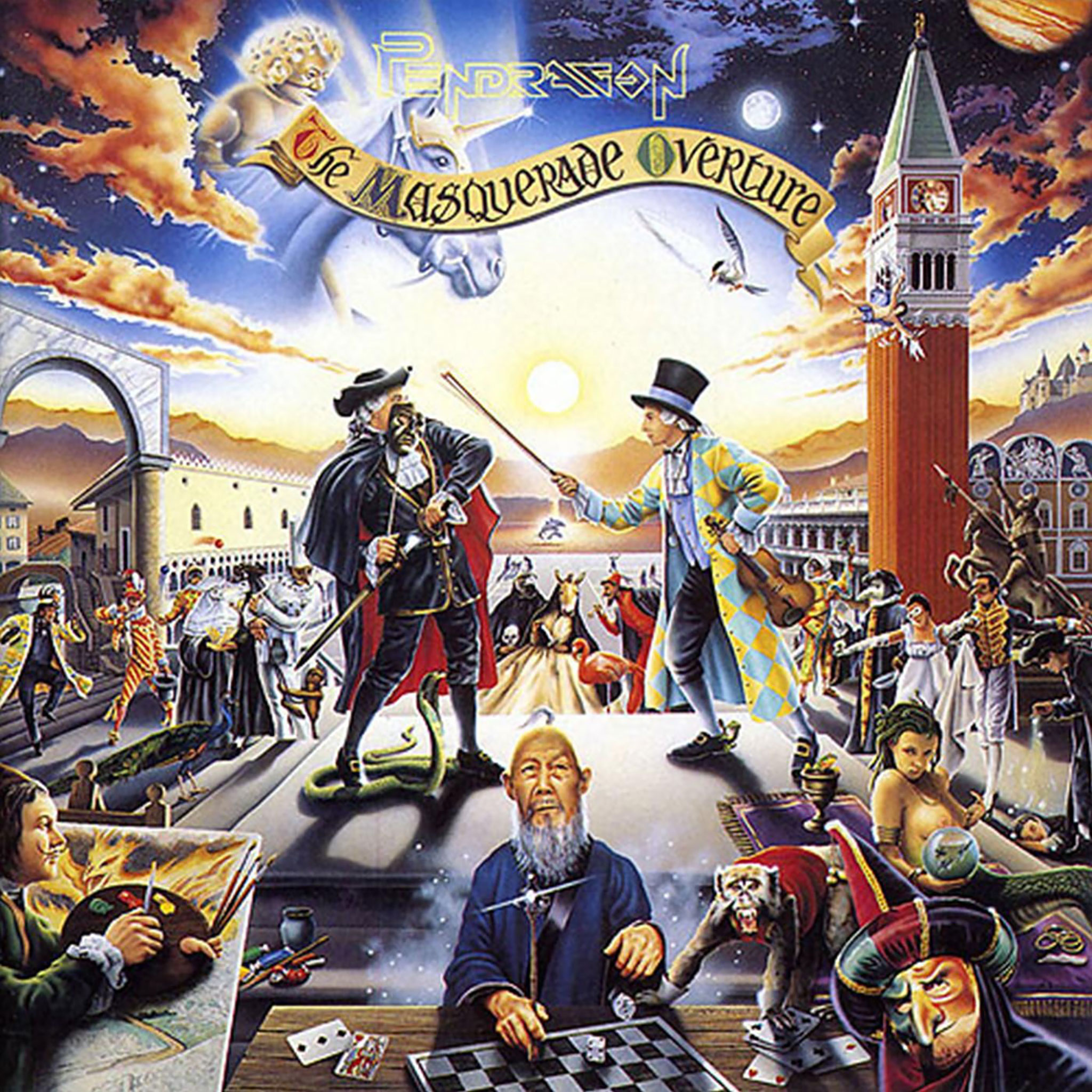
But for Nick Barrett, it reflects a time of his life that was certainly eventful, and often funny in hindsight, (see above) if sometimes stingingly bitter-sweet. The orchestral flourishes of the opening title track are one such example.
“I was very into classical music – still am in fact – and that piece is based on Mozart’s Requiem,” he says. “People say, ‘Oh Mozart’s just cheap and cheerful classical,’ but the Requiem really is dark – it’s got that vibe about it. It all ties in with my marriage, because I proposed to my wife on a gondola in Venice and there are references to that in the artwork.”
Moving onto the next major preoccupation of the author’s life at the time, it’s followed by As Good As Gold, which introduces us to a character ‘kicking and screaming into the world’.
“My son was born around that time,” Barrett explains, “and it’s all about that really, and wondering what the future held for him. He was a real screamer – we got no sleep at all for weeks and weeks, so the lyrics came quite easily! But there’s also an element of looking forward to his teenage years.”
Hence the sense of a father helplessly looking on as his son goes “marching into the madness of youth, and no hope of a cure”.
The similarly uplifting Paintbox then turns its attention to the healing power of music itself, and tells of how ‘with a fortune in new colours, new hopes to inspire, I paint the path I want to take and paint a life of fire’.
“It’s all about being in control of your own life as an artist,” says Barrett. “At that time it felt like we really had taken control of our own destiny, and it was a great feeling. For so long the band had tried to get a record deal and it just didn’t happen and it was so frustrating as a lot of other bands did [among Pendragon’s fellow neo-proggers such as IQ, Pallas and Twelfth Night]. Yet it was our saving grace in the end as we ended up going our own way, and I could see we were growing and making something of it and it was all on our own terms. So that song’s about how, even at the worst possible time, you can just turn a corner and the light switch goes on.”
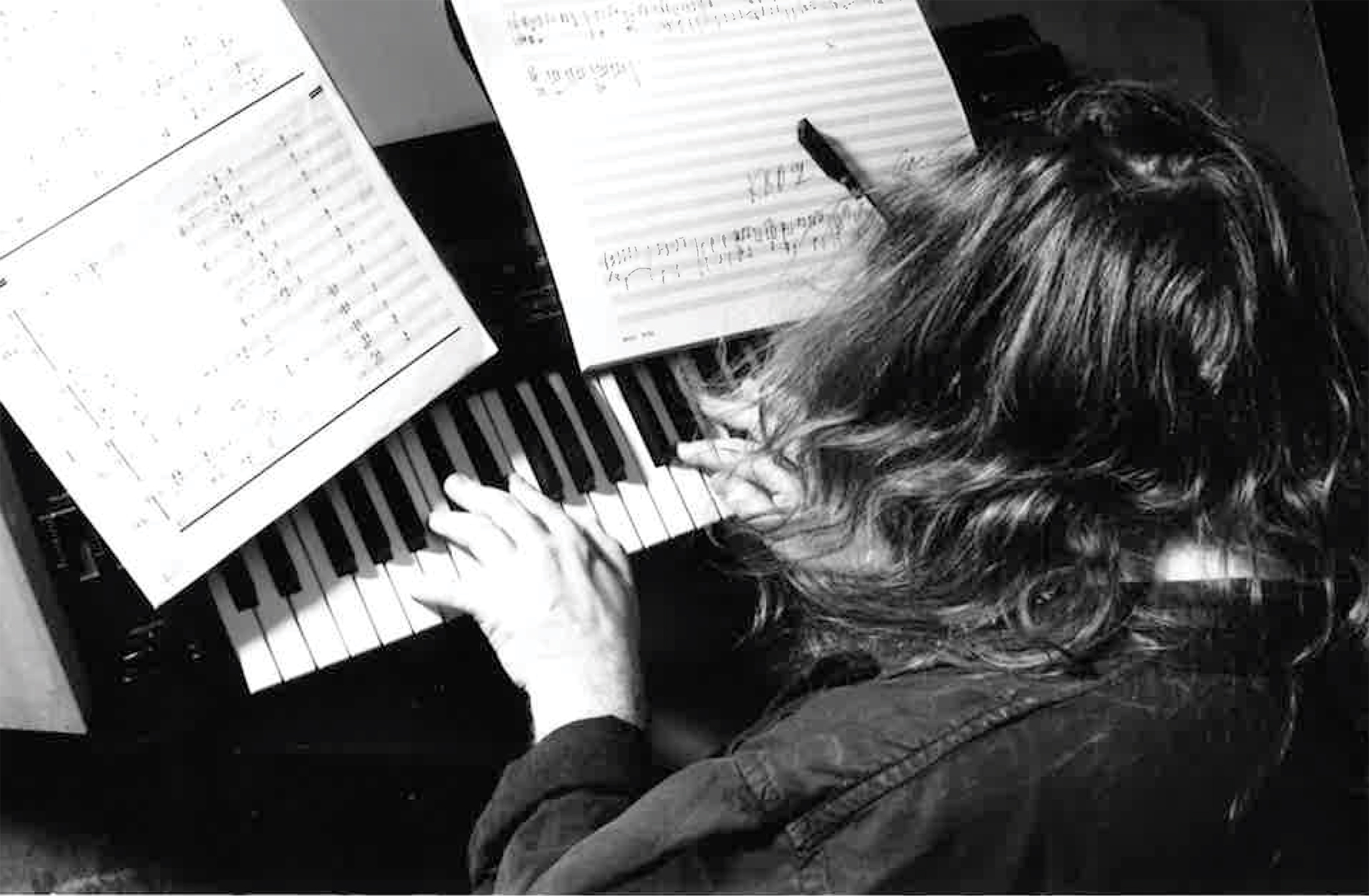
If that opening half of the album is a largely optimistic one, the overarching theme of the album sets good against evil, and its darkest passage brings back memories of a specific place and time. Barrett puffs out his cheeks as he describes it.
“It’s quite a powerful – and painful – memory. The Shadow is all about insecurity, about the feeling that something’s been haunting you all your life and it’s the person you never were. It’s the insecurity you feel; either social awkwardness or professional or romantic insecurity. It taps into all those things, and presents them as this lurking shadow. Anyway, I can remember working on the piano introduction to that song in the studio and my wife came in. And at that moment, I just freakin’ new there was something going on. I thought she was having an affair and I could just sense it at that moment. So that feeling was just heightened by the lyrics for me. I was questioning if there was someone out there better than me. And it was the beginning of the end of my marriage.”
More on that later. Thankfully, the album ends on a note of defiance as Masters Of Illusion marches us off into the sunset to the tune of one of Clive Nolan’s most memorable keyboard motifs. “I can always pull a new trick from the hat,” sings Barrett, like a street hustler eternally confident of ducking and diving his way to survival against the odds.
This track also fades out with some of Barrett’s best guitar soloing, something that wasn’t achieved quite as easily as it would be now:
“In those days you had to record pretty much straight through in a studio, but now with Pro Tools you can do five versions and take the best bits from it. Trouble is I think there’s a certain kind of soul you lose with that approach – there’s something to be said for wringing your hands, driving yourself nuts for three days trying to capture everything in one take! I still try to do that now really, because I think it’s something that comes out on old recordings. You listen to old Beatles recordings on four track and they really had to be wide awake in the studio because that’s the only chance they had to nail it – they couldn’t do a half-baked version and go back later with the engineer to patch it up. Anything worth doing is not going to be that easy.”
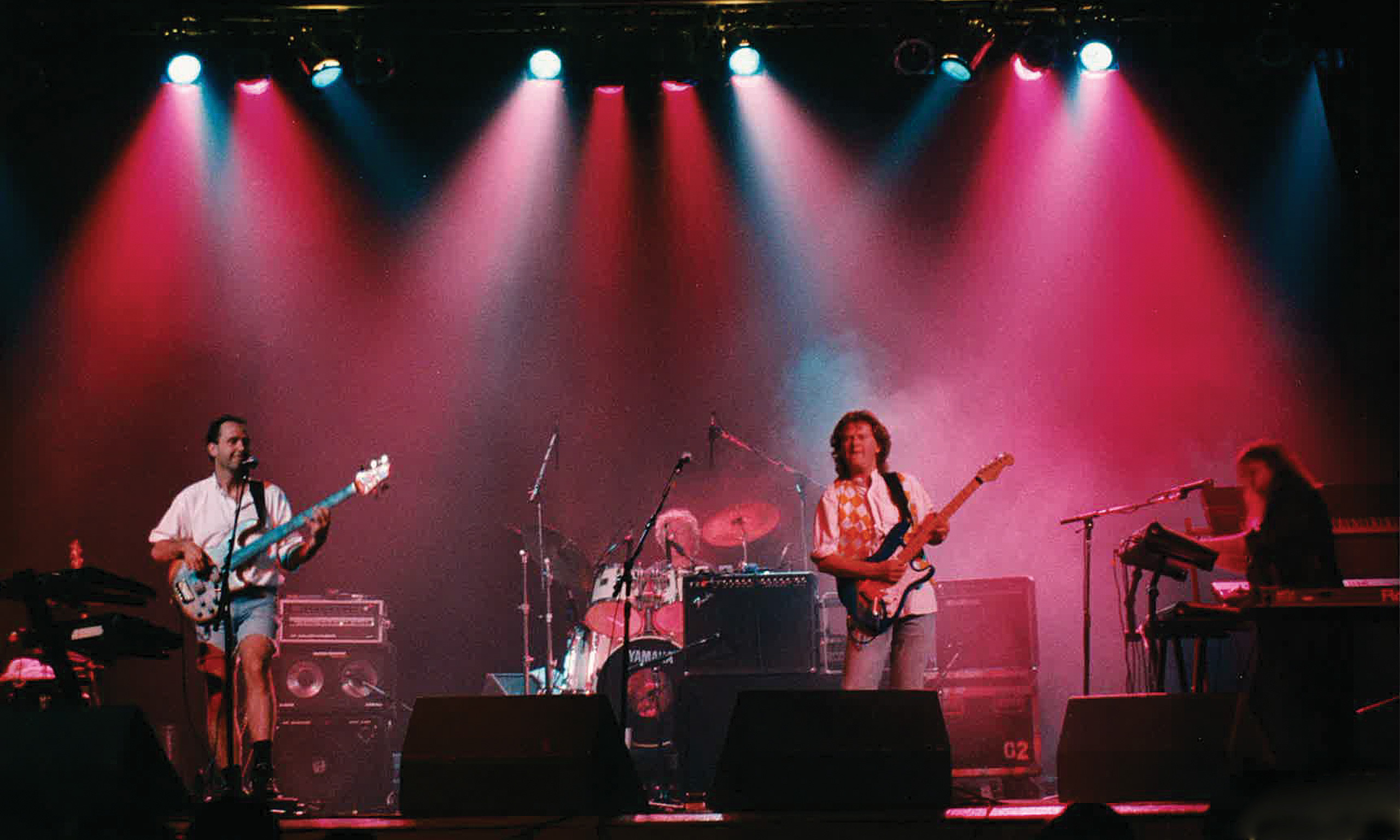
Such ‘no pain, no gain’ sentiments doubtless also occurred to Barrett in the years that followed The Masquerade Overture, as the success of the album was ultimately overshadowed by turbulence in his personal life.
“On the back of the success of …Masquerade…, I was able to buy a new house in Ascot with a swimming pool and stables and a couple of acres, and I thought, ‘this is it – all the hard work’s paid off, I’ve arrived! And a couple of months after that my marriage started falling apart which is why the Not Of This World album didn’t come out for five years. It’s devastating really but looking back it’s just one of life’s turds in the punchbowl! You think, finally, got it, brilliant, and you turn round and your wife says, ‘I’m not satisfied.’ We can laugh about it now but it was pretty awful at the time.”
That said, the agony of the break-up would eventually make 2001’s Not Of This World album an emotional tour-de-force, and a record that even further enhanced Pendragon’s reputation.
“I really did some stuff I was very proud of, despite being born out of very difficult circumstances,” Barrett admits. “And both The Masquerade Overture and Not of This World are a lot of fans’ favourite Pendragon albums. That’s the joy of music – you put your best in and you never know how it’s going to be received or how popular it’ll end up.”
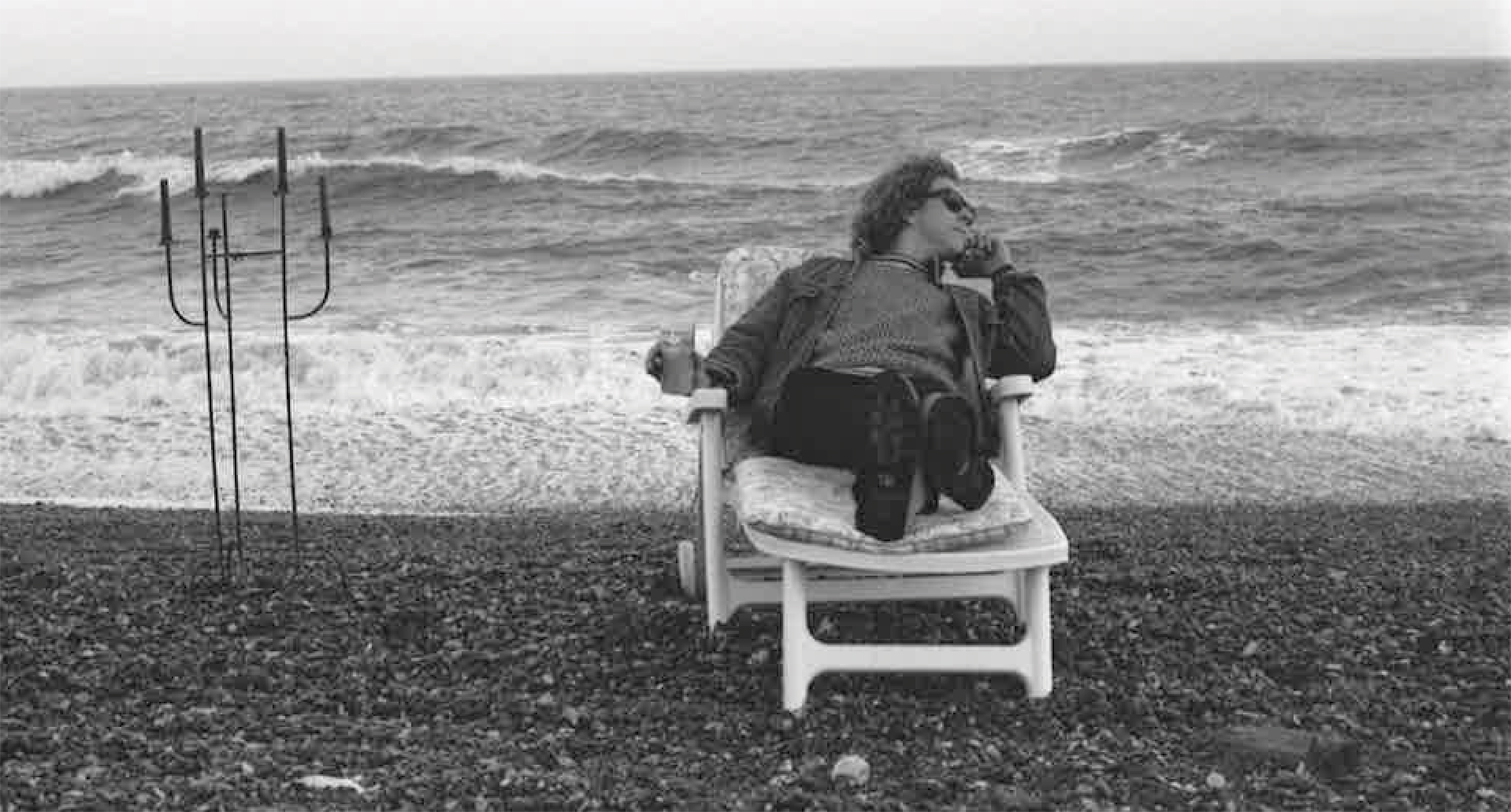
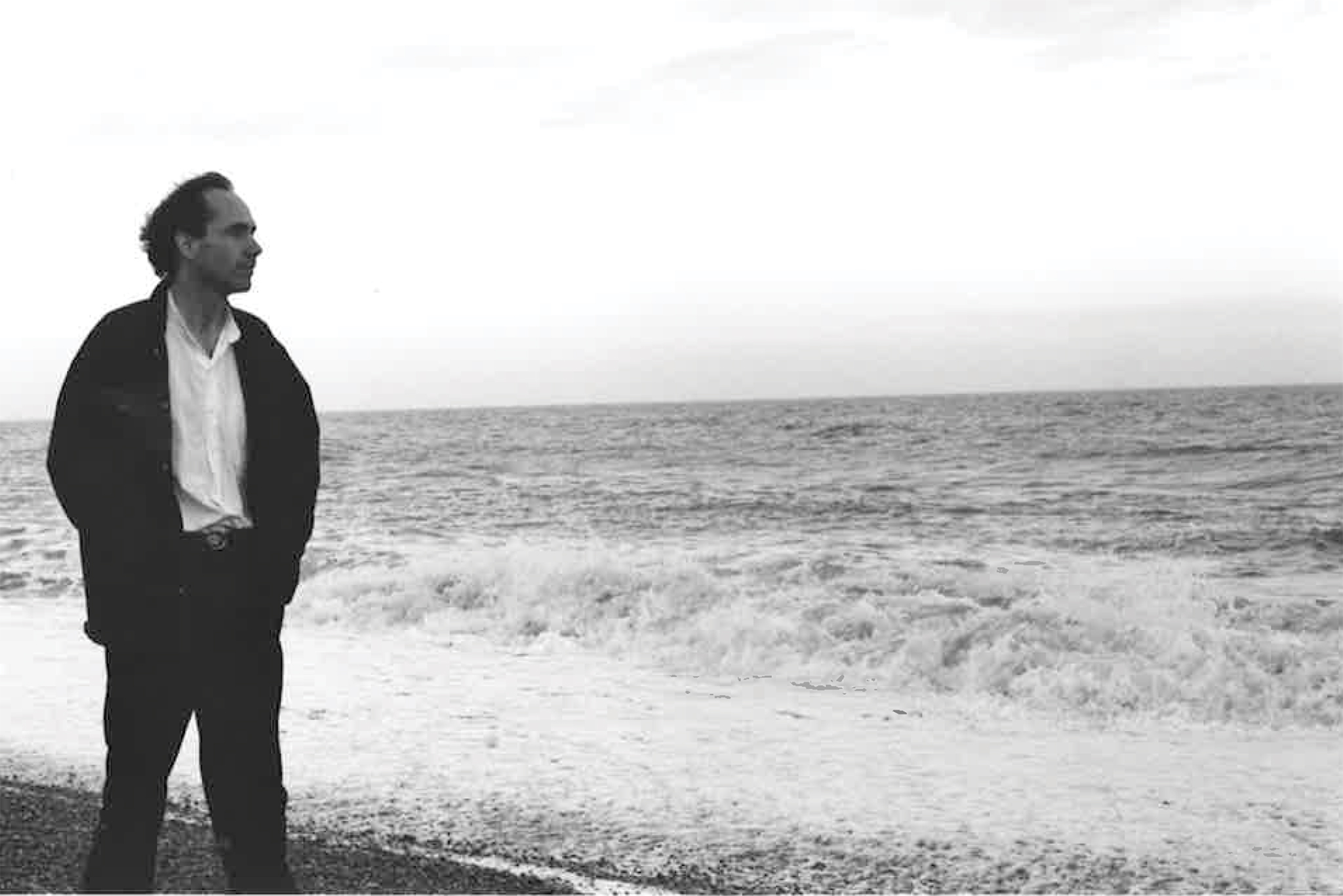
To these ears, The Masquerade Overture still sounds timeless, and its songs’ longevity in the band’s setlists to this day show how well suited they are to live performance.
The live rendition of the album will form the first section of the forthcoming live shows, with bonus tracks from the reissued version also promised. And that’s before the second half of the evening offers a second, career-spanning set, just to ensure no one’s rock dollar feels remotely short-changed.
And all the while, Barrett has one eye on planning the next Pendragon album, the follow-up to 2014’s acclaimed The Men Who Climb Mountains.
“I’m always creating,” he says. “Even when I take a break, I’m not one of these people that can think about drinking beer and sit on a beach. Already I know what the next album is going to be called, for instance. Every album we make always seems to be like a very foggy steamy room, and as time goes on it clears and it becomes obvious where it’s going to go. I’ve got a few ideas and concepts and a title and those go on every day I think of something towards that.”
Onwards and upwards, then. And he still hasn’t got round to buying that forklift truck.
You can view the tour dates for Pendragon’s 2016 tour here.
